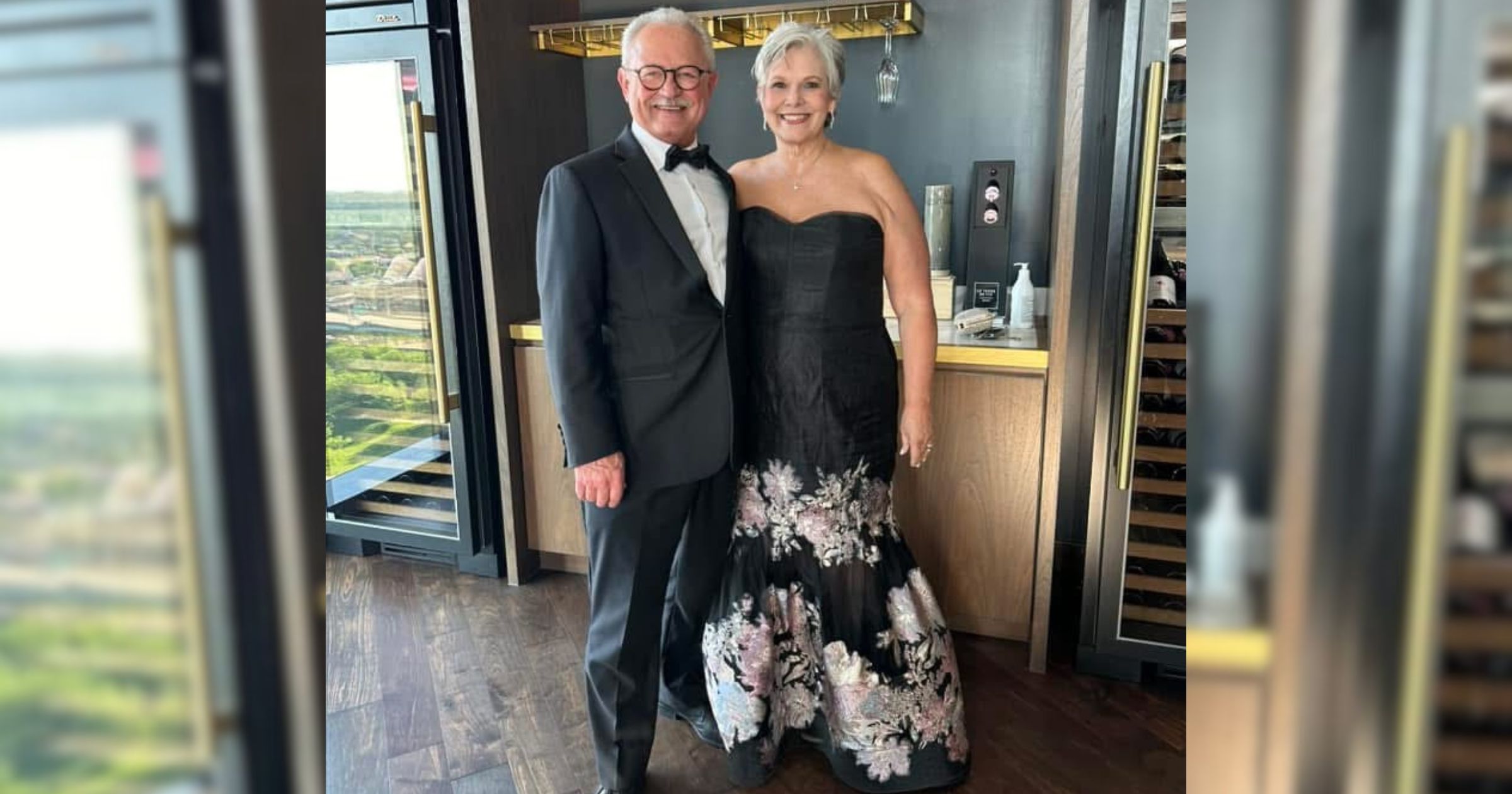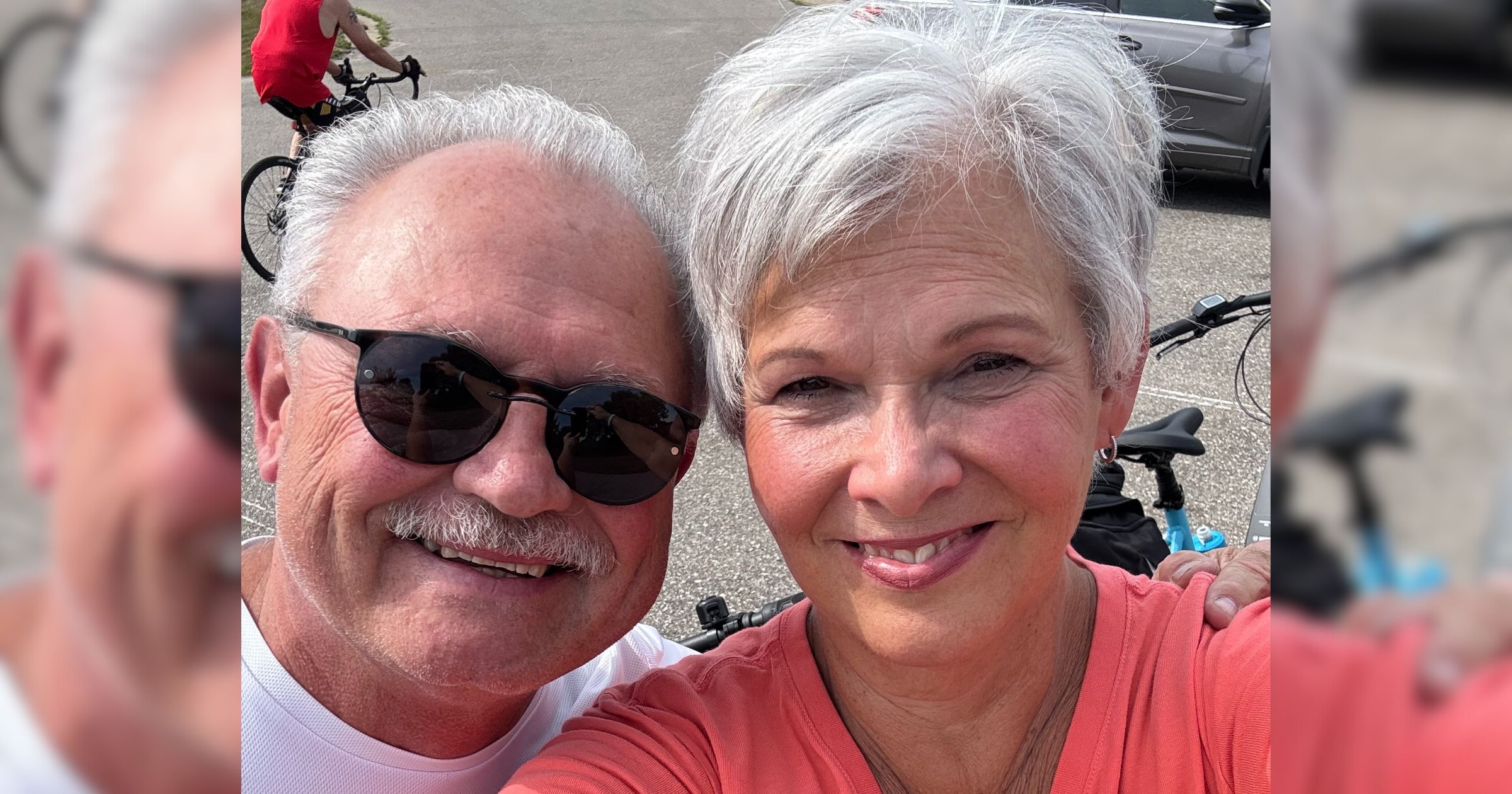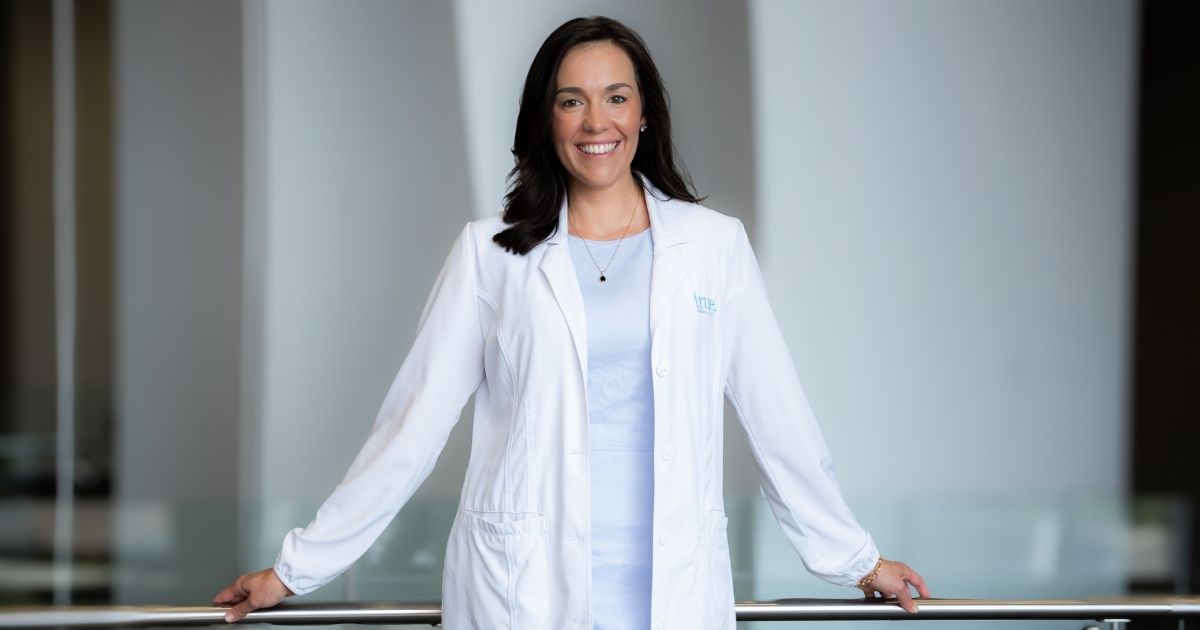Amy Stahley, Dean of Health Professions at Davenport University, has spent her career preparing the next generation of healthcare leaders. But a few years ago, the nurse became the patient in a way she never expected.
Her first heart episode struck suddenly in early 2023. She was getting ready for bed and felt her heart racing. Amy grabbed her stethoscope and could hear her own heart beating out of rhythm. She spent that night in the ER and being cardioverted back into rhythm. Then, for nearly two years, life went back to normal. Until January 2025.
That month, Amy's heart went into overdrive, racing up to 130–150 beats per minute. She felt short of breath, dizzy, and lightheaded. It would have been easy to shrug it off, but her instincts told her otherwise.
She sought medical care immediately—a decision she now calls lifesaving.

In the weeks that followed, Amy endured multiple episodes, cardioversions, and medication adjustments. Answers finally came after a thorough evaluation: her cardiologist recommended a cutting-edge procedure called Pulsed Field Ablation. Unlike traditional ablation, this new technology isolates the pulmonary veins while protecting surrounding tissue—an innovation that offered hope.
Today, Amy is symptom-free, energized, and enjoying an active life with her family. She knows firsthand how quickly atrial fibrillation can escalate, increasing risks of stroke, heart failure, and diminished quality of life.

Her message?
Don't wait. Trust your body, act on the warning signs, and seek help early.
"Early intervention made all the difference," Amy reflected. "I'm grateful every day for the chance to keep moving forward."
Find resources and more at the American Heart Association.
Written by Remi Monaghan, Communications Director for the American Heart Association.
Courtesy of American Heart Association.
Photos courtesy of the American Heart Association.




